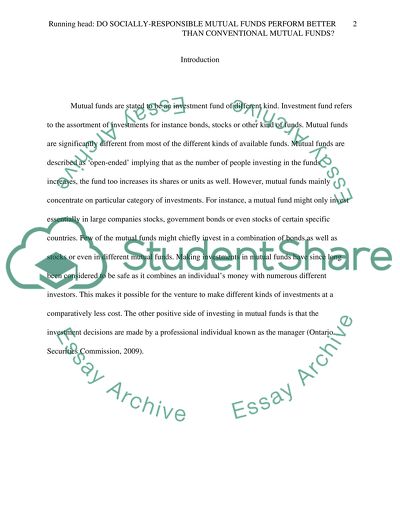Cite this document
(“Do Socially-Responsible Mutual Funds Perform Better Than Conventional Research Paper”, n.d.)
Retrieved from https://studentshare.org/finance-accounting/1394054-do-socially-responsible-mutual-funds-perform
Retrieved from https://studentshare.org/finance-accounting/1394054-do-socially-responsible-mutual-funds-perform
(Do Socially-Responsible Mutual Funds Perform Better Than Conventional Research Paper)
https://studentshare.org/finance-accounting/1394054-do-socially-responsible-mutual-funds-perform.
https://studentshare.org/finance-accounting/1394054-do-socially-responsible-mutual-funds-perform.
“Do Socially-Responsible Mutual Funds Perform Better Than Conventional Research Paper”, n.d. https://studentshare.org/finance-accounting/1394054-do-socially-responsible-mutual-funds-perform.


